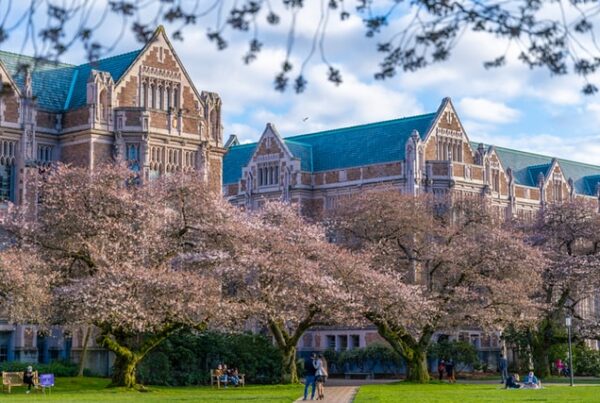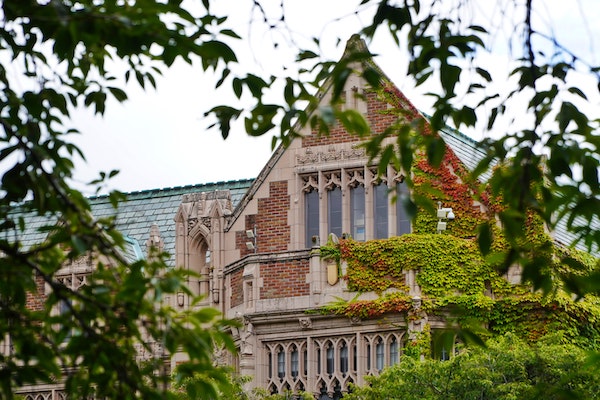Abstract: This Article argues that the Euclid Proviso, which allows regional concerns to trump local zoning when required by the general welfare, should play a larger role in zoning’s second century. Traditional zoning operates to severely limit the construction of additional housing. This locks in the advantages of homeowners but at tremendous cost, primarily in the form of unaffordable housing, to those who would like to join the community. State preemption of local zoning defies traditional categorization; it is at once both radically destabilizing and market responsive. But, given the ways in which zoning is a foundational part of the racial and economic status quo, it is time for scholars and policymakers to move away from traditional zoning and towards more permissive regional or state approaches to housing development.
Abstract: Rain is a major source of water. It provides for our greatest needs, such as feeding our gardens, crops, rivers, and lakes. As global climate change continues to unfold,…
Read More
Abstract: Housing and health care are deeply interconnected, and their systemic relationship profoundly affects individual and societal well-being. Inadequate funding has undermined the American mental health system for decades, leading…
Read More



